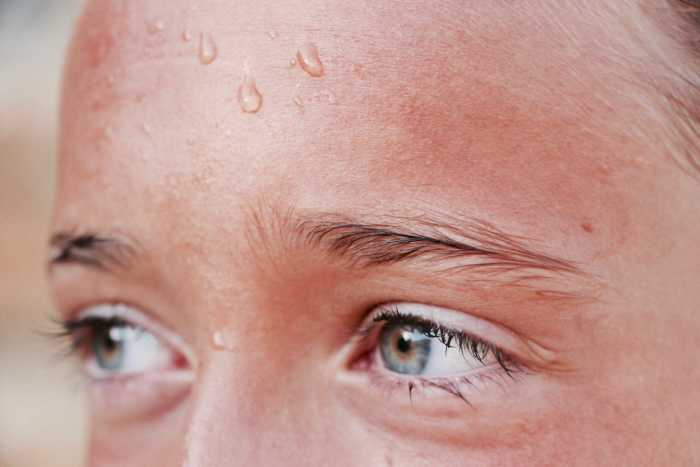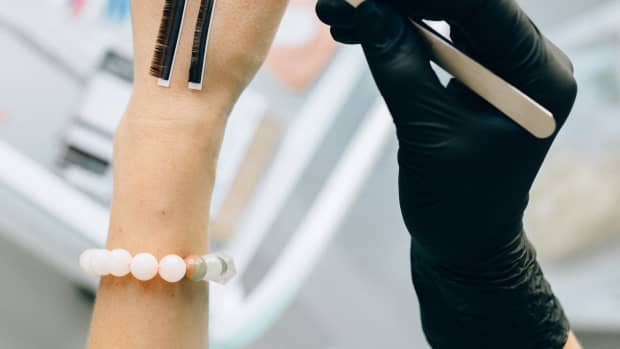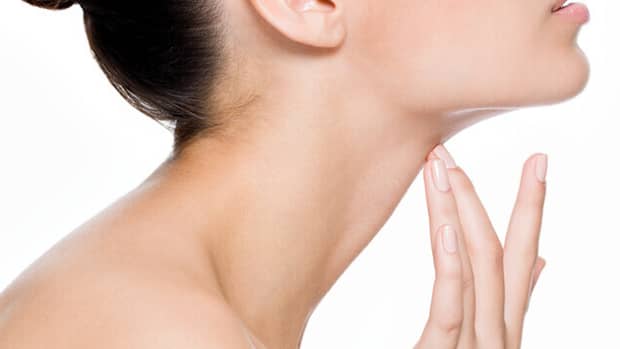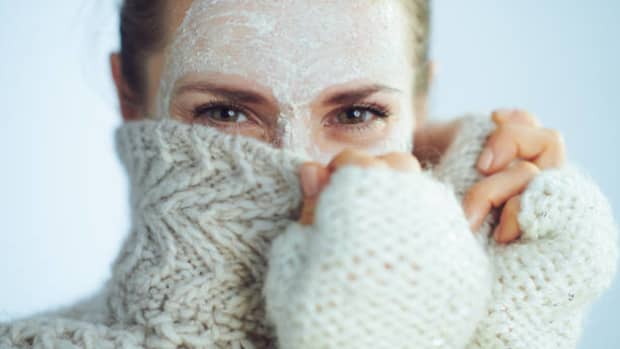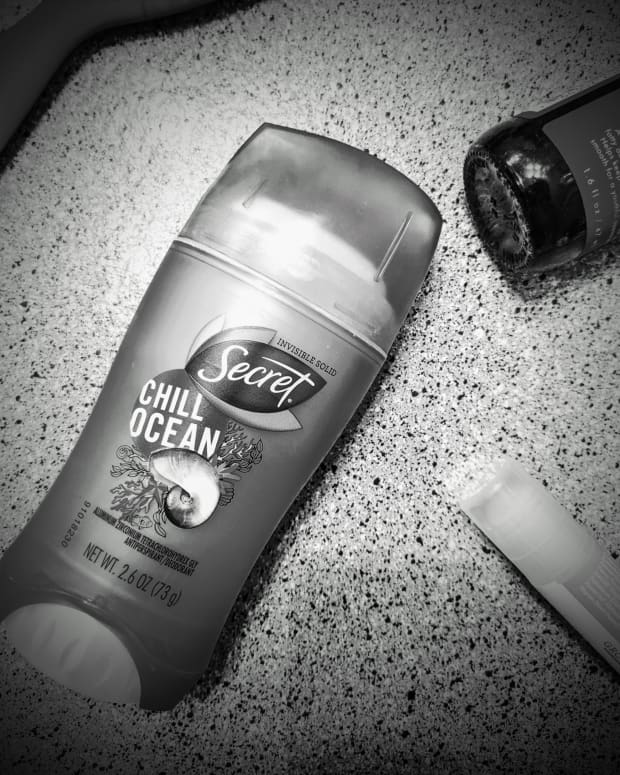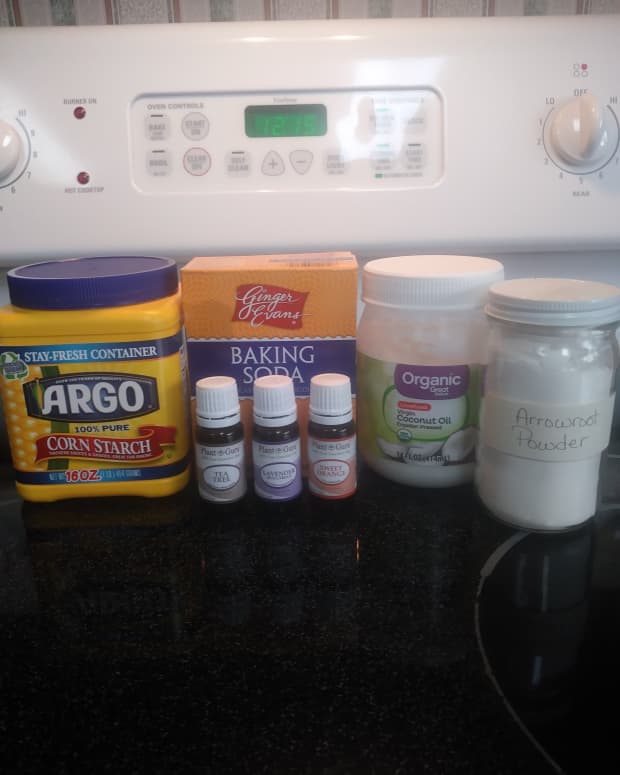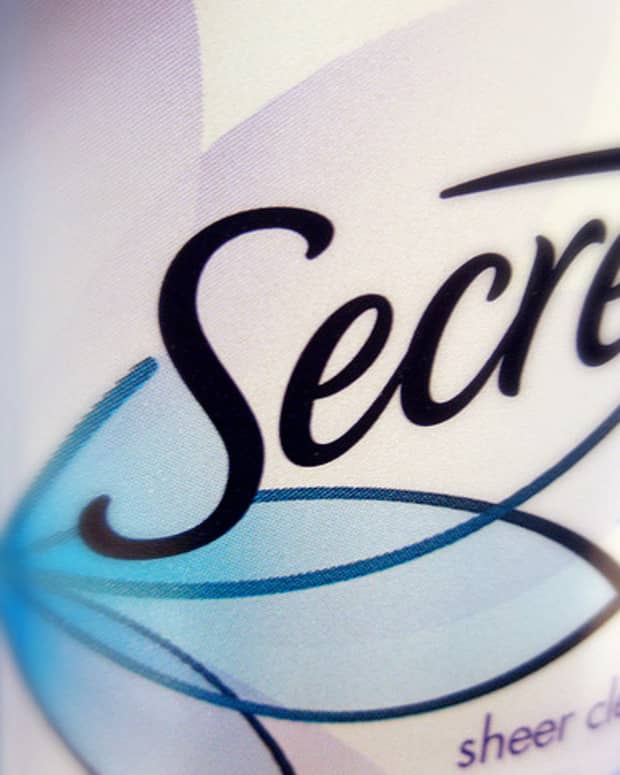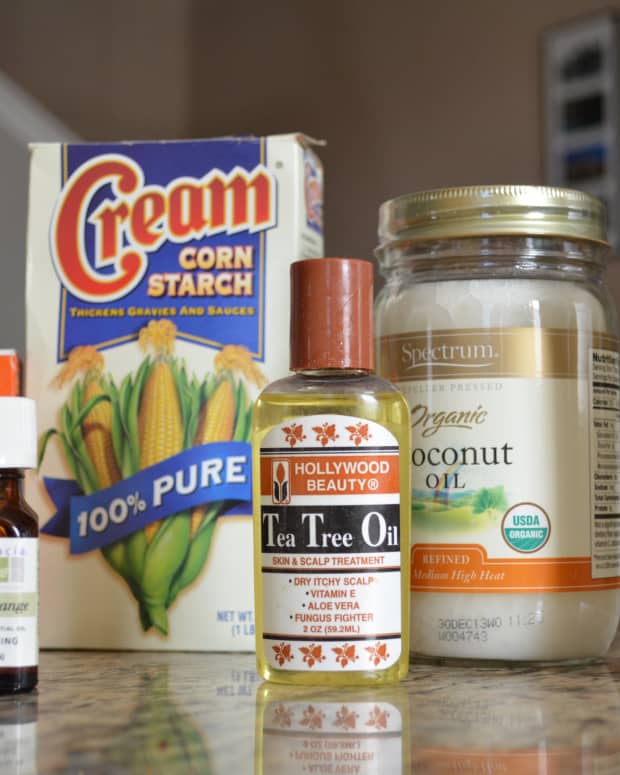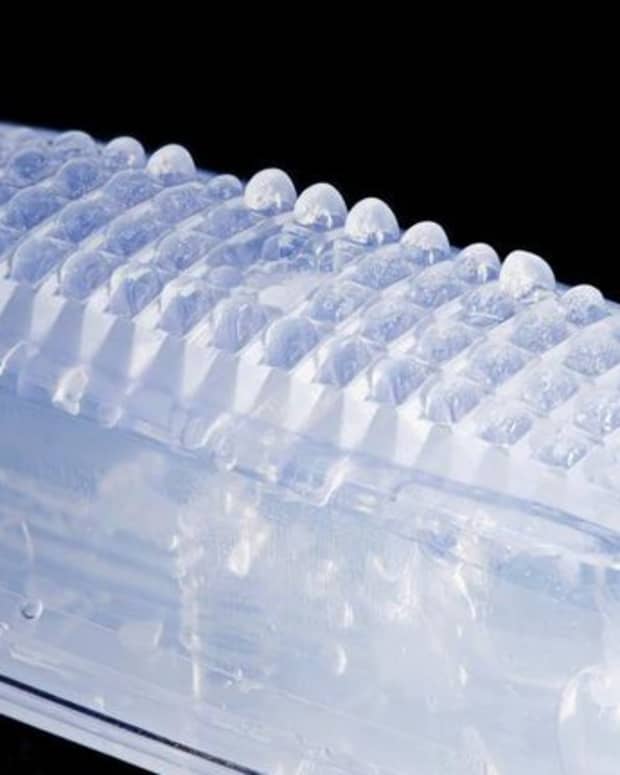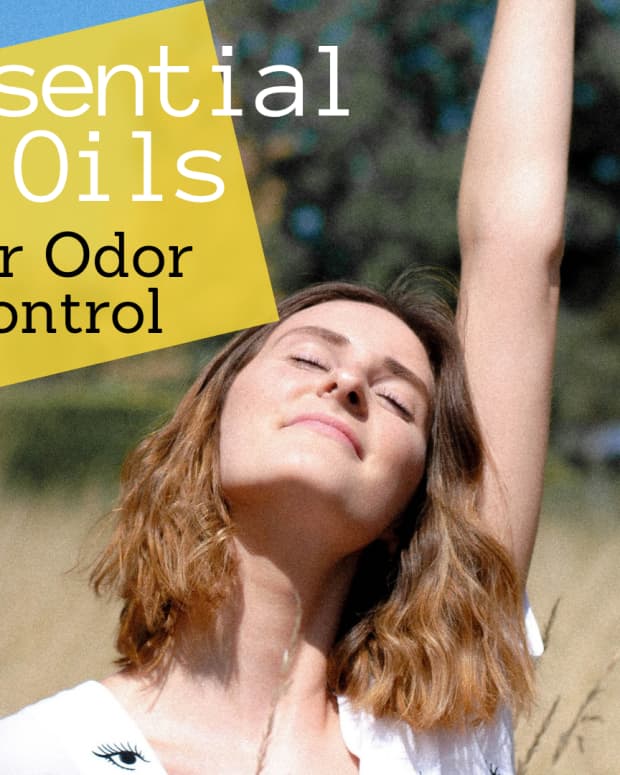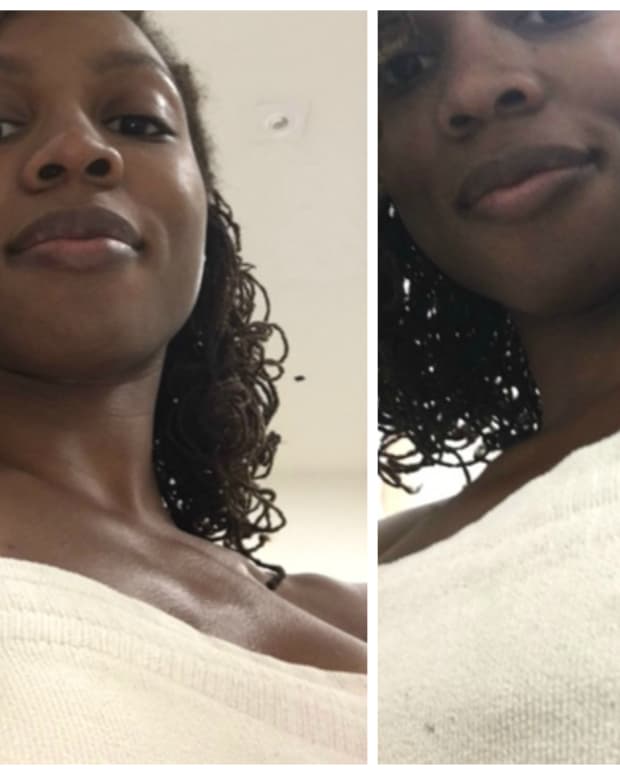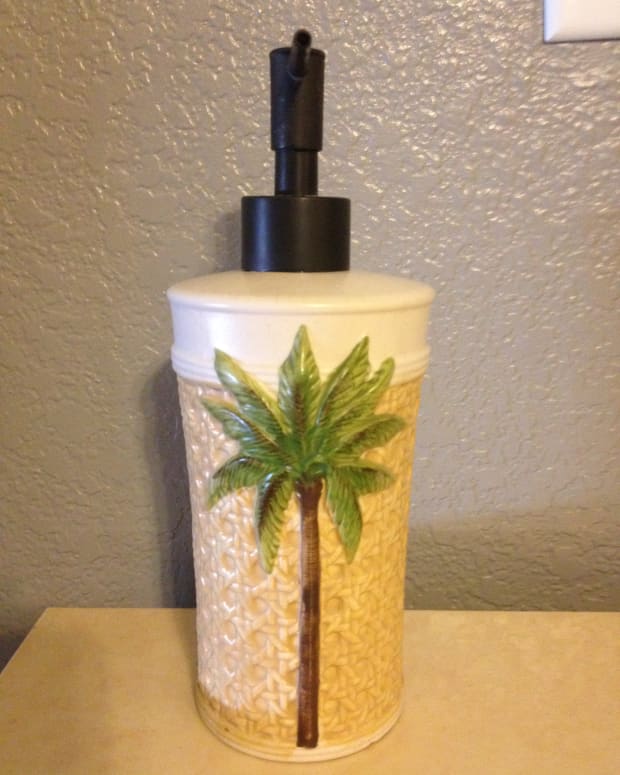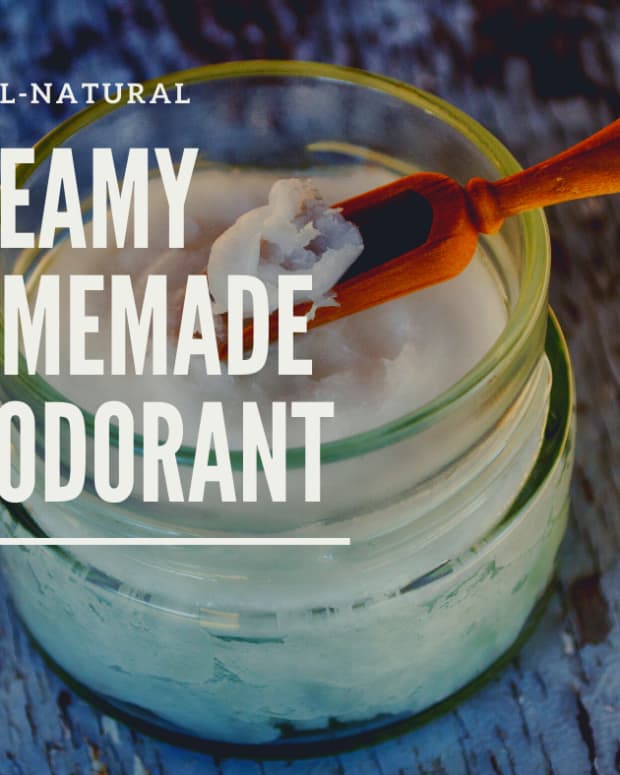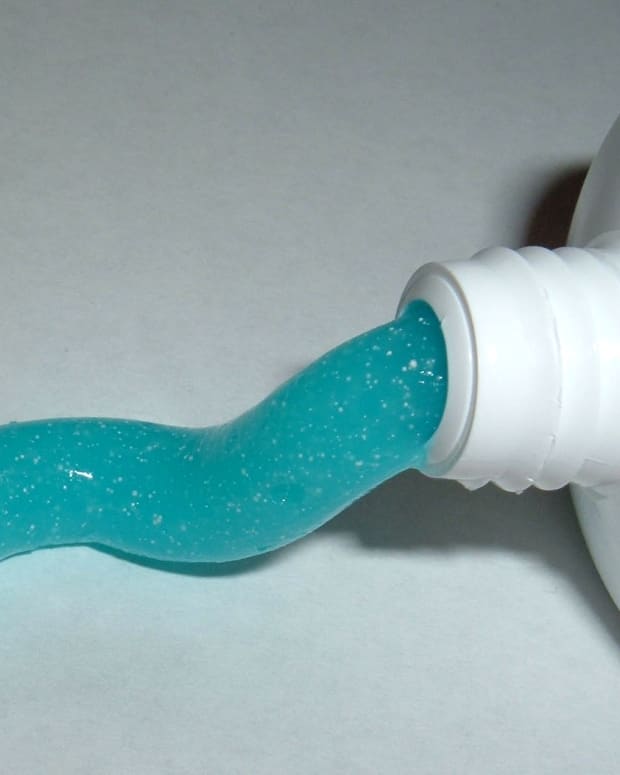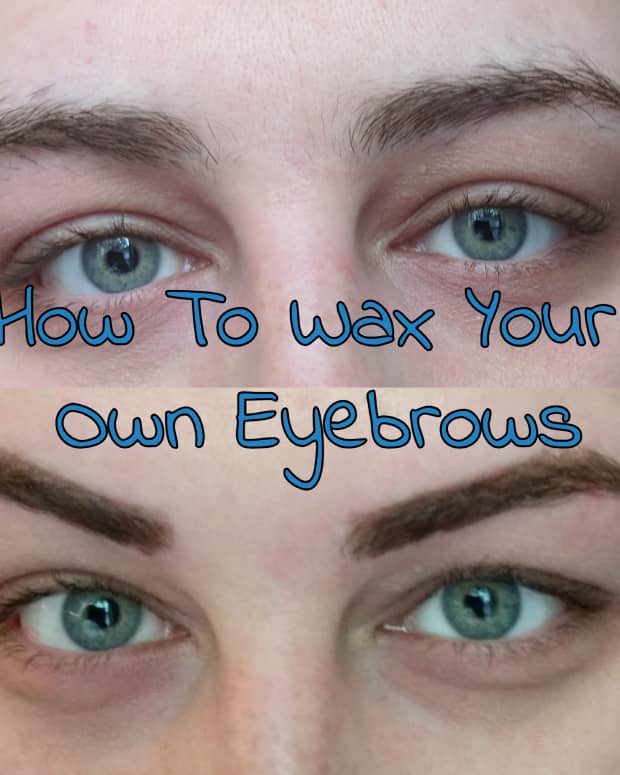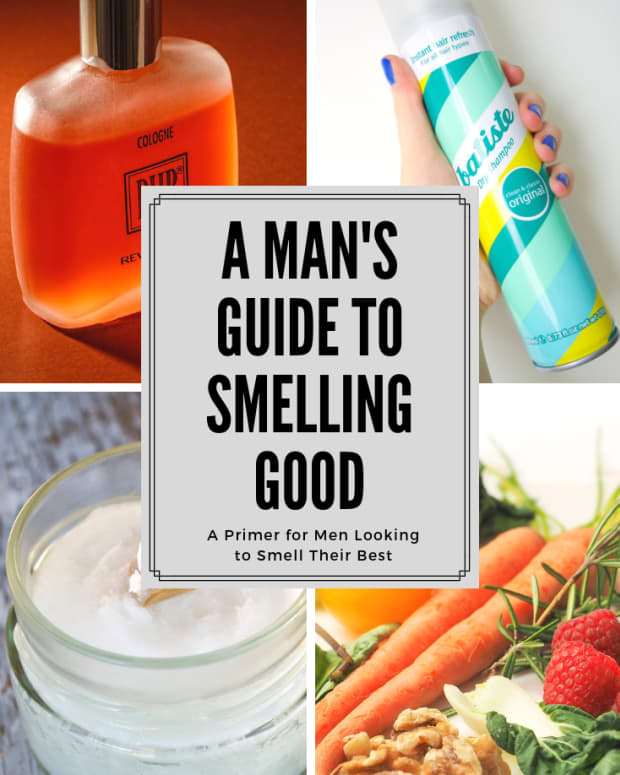How Do Deodorants Work? All About Sweat and How to Control It
What Is Perspiration?
Sweat, also called perspiration, is a clear fluid that is produced by tiny sudoriferous glands in the deeper layers of the skin. The fluid contains about 98% water and 2% chemicals, consisting of neutral fats, fatty acids, albumin, urea, lactic acid, sulfates, sodium lactate, sodium and potassium chloride, phosphates, sugar, skatole, and ascorbic acid. Sweat is secreted to the surface of the skin through ducts.
Sweating is a vital body function, serving to eliminate certain body wastes and acting as a temperature regulating mechanism. When the body becomes overheated, large amounts of sweat are produced. As sweat evaporates, it cools the skin and the blood vessels near the skin surface.
Sweat also lubricates the palms of the hands and the soles of the feet. The lubrication prevents the top layer of the skin from flaking off, improves the grip, and enhances the sense of touch. Traces of wastes are also removed from the body in sweat.
Perspiration is said to be sensible when it is in reasonable quantity, and insensible when the fluid evaporates as fast as it is excreted.
The rate of sweating is related to several factors. It is increased by strenuous physical activity or by nervous or emotional tension. An abnormally low production of sweat occurs in certain congenital skin diseases, including ichthyosis and atopic dermatosis.
Excessive Sweating
Strenuous exercise on very hot days, or the experience of a high fever during illness, can cause excessive loss of these important fluids through the skin. This in turn can cause dehydration and loss of body salts, which are common causes of muscle cramp.
Athletes, for example, often have salt and glucose added to any water they consume to ensure that an appropriate balance of them is maintained in the body.
Under normal circumstances, from one pint to three quarts of sweat are secreted every day. However, in hot weather, particularly when a person is very active, sweat secretion may increase to as much as 20 quarts in a day. Such a heavy secretion of sweat may result in a serious loss of body fluid, especially if the loss is not replaced by drinking large amounts of liquids. Because sweat contains body salts, a serious depletion of these salts may occur, and weakness, dizziness, and fatigue may develop. These symptoms can be avoided or cleared up by taking salt tablets or by generous use of salt in food.
In human beings, sweat is basically a mixture of secretions from two major types of glands: the apocrine glands and the eccrine glands.
The apocrine glands are larger than the eccrine glands, and they are located only in the armpits, ears, nipples, and sex organs. These are the glands primarily associated with body odor. They produce a sticky, milky fluid, which is released at times of emotional stress and sexual stimulation. The action of bacteria on apocrine sweat gives sweat its characteristic odor.
There are many more eccrine glands than apocrine. It is estimated that each person has about a million eccrine glands. Eccrine glands are located over the entire skin but are more concentrated in some regions than in others. For example, there are about 2,300 glands per square inch of skin on the palm, as compared with about 450 glands per square inch on the leg. Other areas where eccrine glands are heavily concentrated are the soles of the feet, the armpits, and the groin. Eccrine glands constantly produce a thin, watery fluid which increases in amount when the body is overheated and during times of physical or emotional stress.
How Do Deodorants Work?
Perspiration itself is almost odorless. Most of the odor that accompanies perspiration is caused by the action of bacteria. Deodorants reduce this odor in one of three ways: by preventing the action of bacteria on the perspiration, by preventing the secretion of perspiration, or by masking the offensive odor with a pleasant one.
Deodorants that kill or inactivate bacteria contain antiseptic substances, such as alcohol, formaldehyde, and boric acid. Chlorine compounds—e.g., hypochlorite and chlorhexidine—work by killing bacteria which may be responsible for the odor.
Deodorants that mask perspiration odor contain perfumes. Essential oils and such disinfectants as carbolic acid simply mask the odor, making it less offensive.
Deodorants that prevent the secretion of perspiration are called antiperspirants. They usually contain an aluminum salt, such as aluminum sulfate, that acts by blocking the pores preventing the free flow of sweat.
To help eliminate sweaty odor, frequent bathing is also important.
How to Stop Excessive Sweating
Excessive perspiration (hyperidrosis) can be a very troublesome condition, especially when it is accompanied by an unpleasant odor. The sweating may be general, as in fever, in sufferers from exophthalmic goitre (Grave's disease), or in nervous and emotional people. It is more frequently localized to the hands, armpits and feet. Excessive perspiration of the hands may be found in those who eat abundantly and partake of alcohol. The latter should be more drastically reduced than the diet.
Under the armpits, the sweat may be greasy, and an expression of a general seborrhcea which will only disappear as the scurf is removed from the head.
Excessive sweating of the feet is very common, and occurs more frequently in males than females, and usually between the ages of twenty and forty. It is frequently associated with flat feet. This excessive functioning of the sweat glands is due to a disturbance of the nerves which supply these glands. It is a symptom which must not be overlooked, and it is advisable to obtain medical advice regarding it. The diet will have to be adjusted, as this is almost certain to be found at fault.
Certain remedial measures may be used to cover up this unpleasant symptom. Dusting the insides of the socks and the feet themselves with a powder composed of equal parts of powdered starch, boracic acid, and salicylic acid will frequently help. The socks must be of silk or wool. Cotton socks only tend to aggravate the condition.
At nighttime and in the morning the feet should be plunged alternately into quite hot and very cold water. This should be repeated six or seven times, the last immersion being in cold water, after which the feet should be thoroughly dried with a coarse towel and dusted with the powder mentioned above.
The footwear itself must receive attention as shoes which do not admit of the proper circulation of the blood and normal muscular movements will prolong the condition.
Hypoallergenic Deodorants
The term 'hypoallergenic' was first used in 1953 for an advertising campaign for a cosmetics product to describe the product as causing a less allergic reaction.
There is no actual industry standard to certify hypoallergenics. But companies do a lot of research and development and in-house testing. A hypoallergenic deodorant typically has less aluminum.
Sensitive skin is susceptible to redness, rashes and irritation. The symptoms being dryness and itching.
Before switching to a hypoallergenic deodorant it is suggested to stop using deodorants completely until the swelling, inflammation, or other symptoms have abated.
Once the problem has ceased, use the hypoallergenic deodorant and if there is any reaction. It is recommended to stop using the product and seek advice from a medical doctor.
Consider whether or not your soap or laundry powder is causing this effect.
This content is accurate and true to the best of the author’s knowledge and is not meant to substitute for formal and individualized advice from a qualified professional.
Comments
wathiqi on April 16, 2012:
hi, who said his deoderant was causing him allergies, this should clear things up
"A small percentage of people are allergic to aluminium and may experience contact dermatitis when exposed to deodorants containing aluminium.[6] Aluminium-containing antiperspirants are generally safe according to current research." - Wikipedia
Glen (author) from Australia on April 06, 2012:
That's something I too would like to know.
Colum on April 06, 2012:
This is elaborate and quite explanatory. it has been helpful and what I still would like to know is the health implication of blocking the openings that allow one to pespire. Could this have any severe negative offects on one's health?
me on November 07, 2011:
didn't really help
b i a n c a on March 14, 2011:
well i think this hub is great and has a lot of great info
Read More From Bellatory
i used some of this in my science experiment :D GOOD WORK MATEEEEE
shara on August 26, 2010:
how awesome is this
Glen (author) from Australia on December 17, 2009:
So sorry 'I'. So sorry that I felt the need to explain how sweat happens which is the reason why deodorant is needed and then explained how deodorant works.
l on December 17, 2009:
wat de hel u on bout y u talking bout sweat wen ur headin says bout deodrant den u try sellin deodrants. . . the nerves
Disillusioned from Kerala, India on October 16, 2009:
A good hub with detailed information. Worth your sweat!
ChristopherHowell from San Diego on October 03, 2009:
It's a rather interesting article, I would much rather go for the deodorants that simply kill the bacteria as plugging up things your body uses tends to end up in misery of one sort or another and simply masking the odor has a rather nasty propensity to mingle with the offending odor and make an all new odor that is almost always as bad as the original. That's my two cents at least.
Ireno Alcala from Bicol, Philippines on September 20, 2009:
When I ran out of deodorants. I use this white(transparent) sulfur oxide stone. We call it "tawas" in the Philippines. Now, it is already marketed in the country with additional odors or essences. We are prohibited to bring it abroad (powdered tawas)because it is oftenly mistaken as "shabu" (poor man's cocaine). It's more cheaper and will leave your armpits less sweater than the other commercial brands that cannot control too much sweating. It only added to a more unmanly odor in your body.
Brian Stephens from Laroque des Alberes, France on September 11, 2009:
I go for masking the odor, too many of the others leave you feeling rather uncomfortable.
Vizey on September 11, 2009:
I generally don't use Deodorants but I will use non alcoholic deodorant. Thanks for information. I traditionally use flower oil as scent.
Glen (author) from Australia on September 10, 2009:
Yeah, I worked up a sweat doing this one!
And in the process I learned a thing or three about deodorants. The three different ways they can work. Which has helped me realise why some are having a reaction to me. The aluminum blocks the sweat, which I think is a problem for me or is it the perfume (that masks the smell) that is causing me discomfort. Maybe I just need the antiseptic part and not a combination of all three. After publishing this hub I saw one deodorant that said it's "three in one" so now I understand why. And I'm probably best off avoiding it.
Glen (author) from Australia on September 10, 2009:
Yeah, I worked up a sweat doing this one!
And in the process I learned a thing or three about deodorants. The three different ways they can work. Which has helped me realise why some are having a reaction to me. The aluminum blocks the sweat, which I think is a problem for me or is it the perfume (that masks the smell) that is causing me discomfort. Maybe I just need the antiseptic part and not a combination of all three. After publishing this hub I saw one deodorant that said it's "three in one" so now I understand why. And I'm probably best off avoiding it.
Andria on September 10, 2009:
Now I know far too much about sweat. I don't know if that's good or bad :) Oddly, I see a lot of thyroid ads. One is frighteningly misleading.
Great article, all guns blazing for sure. Or maybe it's more 'all pores perspiring'.

